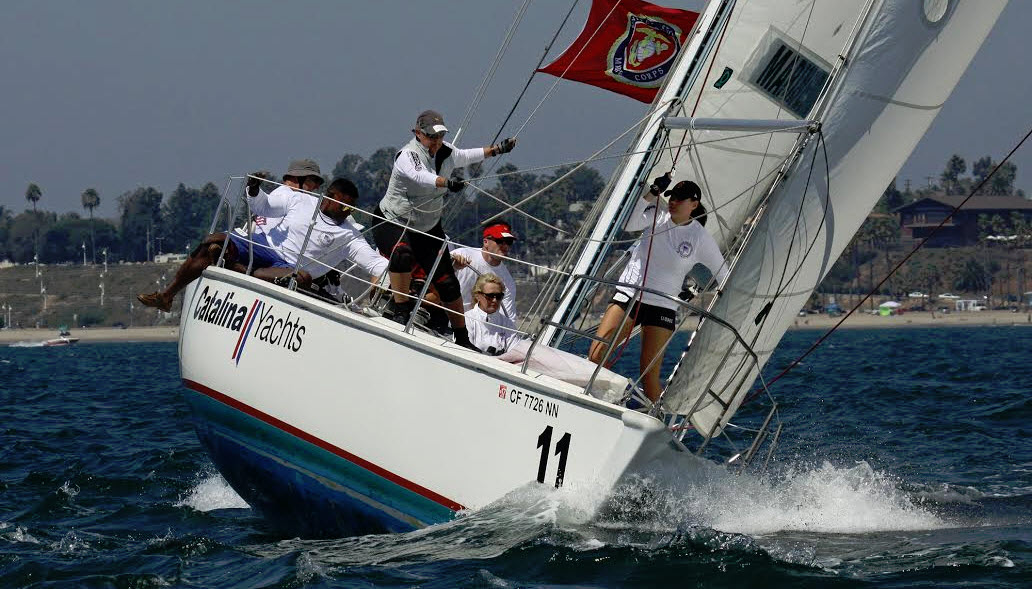


If they were really delivering for the Pacific, the region wouldn’t be in this situation in the first place.
Scuttlebutt news free#
You can be sure that, as initiatives filter through the PBP and PIF, Australia and New Zealand will have a major hand in shaping engagement-and will expect to get benefits (this may explain why one of the outcomes was the US saying it would recognize Cook Islands and Niue as countries-in spite of citizens of both holding New Zealand passports, and raising some very complicated international law issues).Īustralia and New Zealand have consistently tried to frame themselves as the “Pacific Island whisperers”, but there are several issues with that.įirst, Canberra and Wellington had a relatively free run for years.

Australia and New Zealand were around throughout the meetings with Pacific Island leaders and, at the start of the Chamber of Commerce meeting with Pacific Leaders, New Zealand was specifically thanked by the hosts. National Security Council Indo-Pacific Coordinator Dr Kurt Campbell said he speaks to Australia and New Zealand almost every day. Throughout the rollout of these initiatives, US representatives have repeatedly spoken, often deferentially, about the role of Australia and New Zealand in shaping the approach. And then filter a large section of that, and more, via the Pacific Island Forum (PIF), which the Strategy refers to as “core”. The broad idea behind implementation seems to be do some bilaterally, including via new embassies in Solomons, Kiribati, and Tonga, but also to coordinate efforts through another relatively new initiative, the Partners in the Blue Pacific (PBP), which consists of the United States, Australia, New Zealand, United Kingdom, Japan, Canada and Germany. Climate, Ukraine, online gender-based violence, cyber, fisheries, Peace Corps, Quad, LGBTQI+, weather, submarine cables, health, unexploded ordinances, labour, trade, agriculture, tourism, supply chains, biodiversity, executive leadership training, and just about any other “rock” you think likely. What’s in the Strategy and the Declaration? So, in the interim, let’s look at some of the broadest elements and see if we can figure anything out. Some initiatives will sink and never be seen again, others may become essential islands of security in rough weather, some might inadvertently hit and sink the boats of allies. It’s like a plane suddenly dropped a cargo of randomly-sized boulders into a lake with varied depths. What does it mean? I’m really not sure yet. for over a dozen Pacific nations that culminated in a dinner with President Joe Biden and a joint declaration.Ī lot happened. Key events included the September 13 th Pacific Islands Conference of Leaders in Hawaii, the release of the US Institute of Peace’s report on China’s Influence on the Freely Associated States of the Northern Pacific, the publication of America’s first Pacific Islands Partnership Strategy, and a two-day summit in D.C. The last two weeks have seen some of the most frantic US activity related to the Pacific Islands since the end of World War II. When, earlier this year, pro-PRC Solomon Islands Prime Minister Manasseh Sogavare signed a security deal with Beijing that included provisions that allow for Chinese military deployment in the country for things like putting down internal dissent and protecting Chinese citizens and major projects, it got a lot harder to pretend that things were under control. As the US withdrew into an “end of history” haze, closing embassies in places like the Solomon Islands-where so much American blood was soaked into the beaches during World War Two-Canberra and Wellington kept saying “don’t worry, we’ve got this covered”. The importance Beijing places on achieving influence in the PICs has been openly acknowledged at least since 2011, when Jian Yang-a former PRC spy school professor who later became a member of the New Zealand parliament-published The Pacific Islands in China’s Grand Strategy: Small States, Big Games.įrom a Western strategic perspective, “management” of that challenge was largely delegated to Five Eyes members Australia and New Zealand. But for it to truly achieve the PLA Navy’s goal to break out of the First Island Chain-and in the process effectively push the US back across the Pacific to Hawaii-it needs influence, if not control, in a wide range of Pacific Island Countries (PICs). Over the past twenty years or so, the Chinese Communist Party has aggressively extended its tentacles across the planet.


 0 kommentar(er)
0 kommentar(er)
